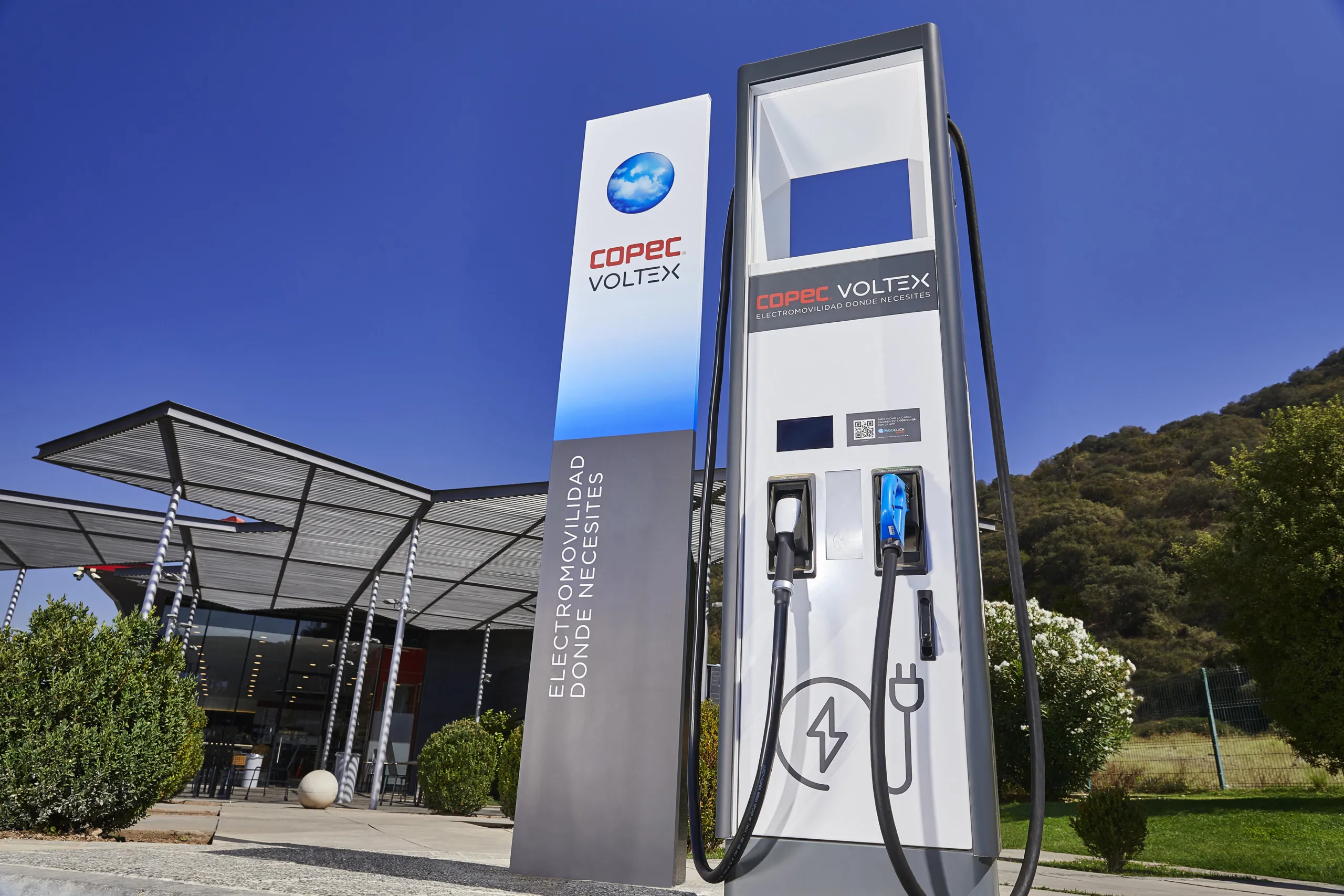
Driivz's smart energy management platform is being used to power Copec Voltex's electric vehicle (EV) charging infrastructure in Chile.
Copec Voltex is building an EV charging network in South America, which includes fast charging. It is aimed at fleets, public transit and private vehicles in locations such as petrol stations, public spaces and private buildings.
The company's general manager Francisco Larrondo insists the company is focusing on helping communities overcome the coronavirus emergency while also addressing climate challenges that lay ahead.
“Our long-term purpose is to make electromobility widespread and to continue accelerating the energy transition,” he says.
“We chose to migrate to the Driivz solution because of its future proof and robust technology and its ability to scale to support an increasing number of chargers serving an increasing number of customers."
Driivz says its smart cloud-based platform comes with a customisable bespoke billing module that enables billing, pay-outs and invoicing while also supporting multiple currencies.
According to Driivz, the solution's energy management system supports the demand for energy that EVs create by overcoming local grid capacity and balancing demand throughout the day.
The company also provides drivers with an online portal and app which includes information on real-time charger locations and availability, route planning and navigation and a reserve-ahead capability.
Electromobility already has its foot in the door in Chile: last November, BYD (Build Your Dreams) started operating 285 electric buses in the capital, Santiago.









